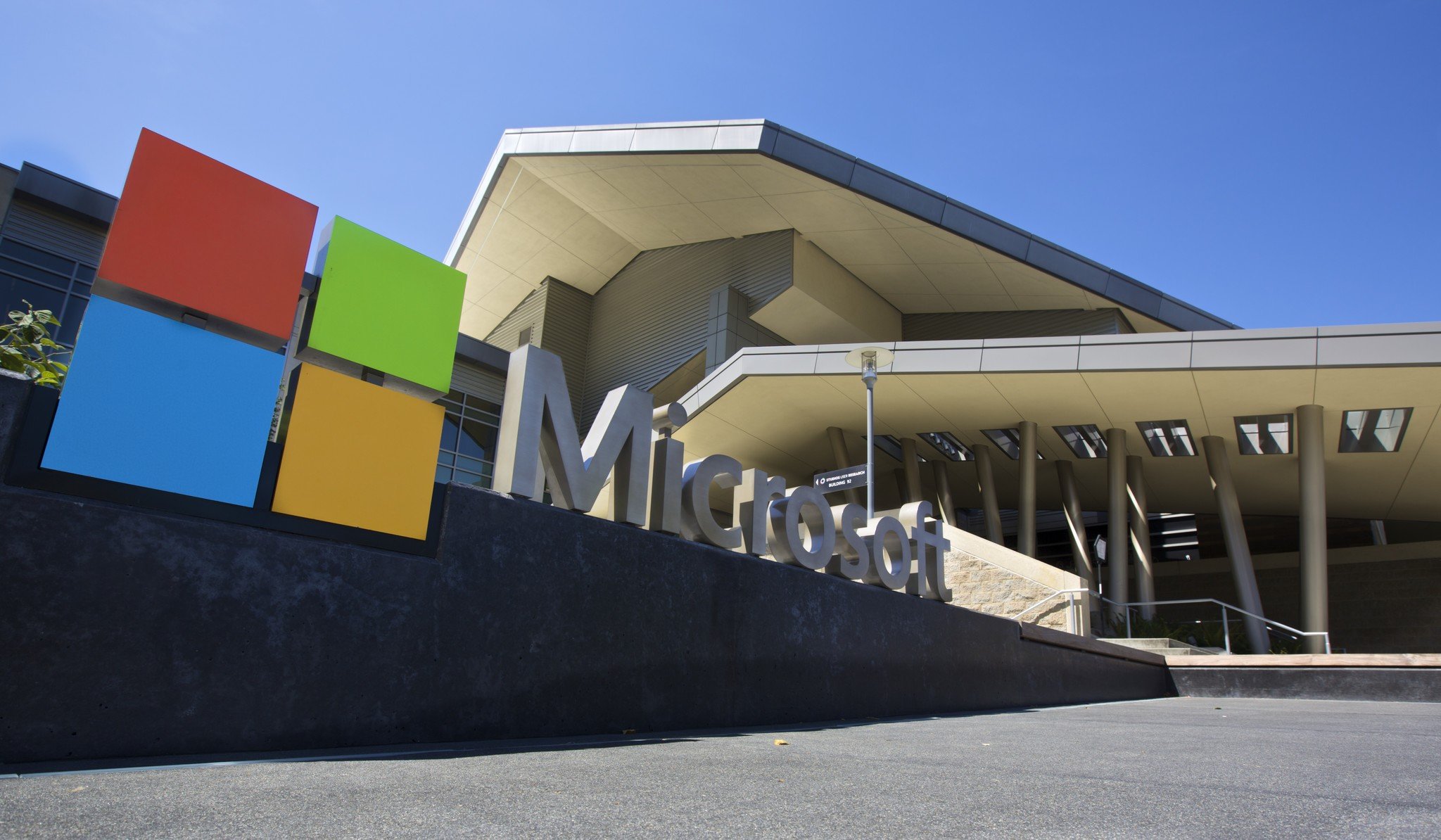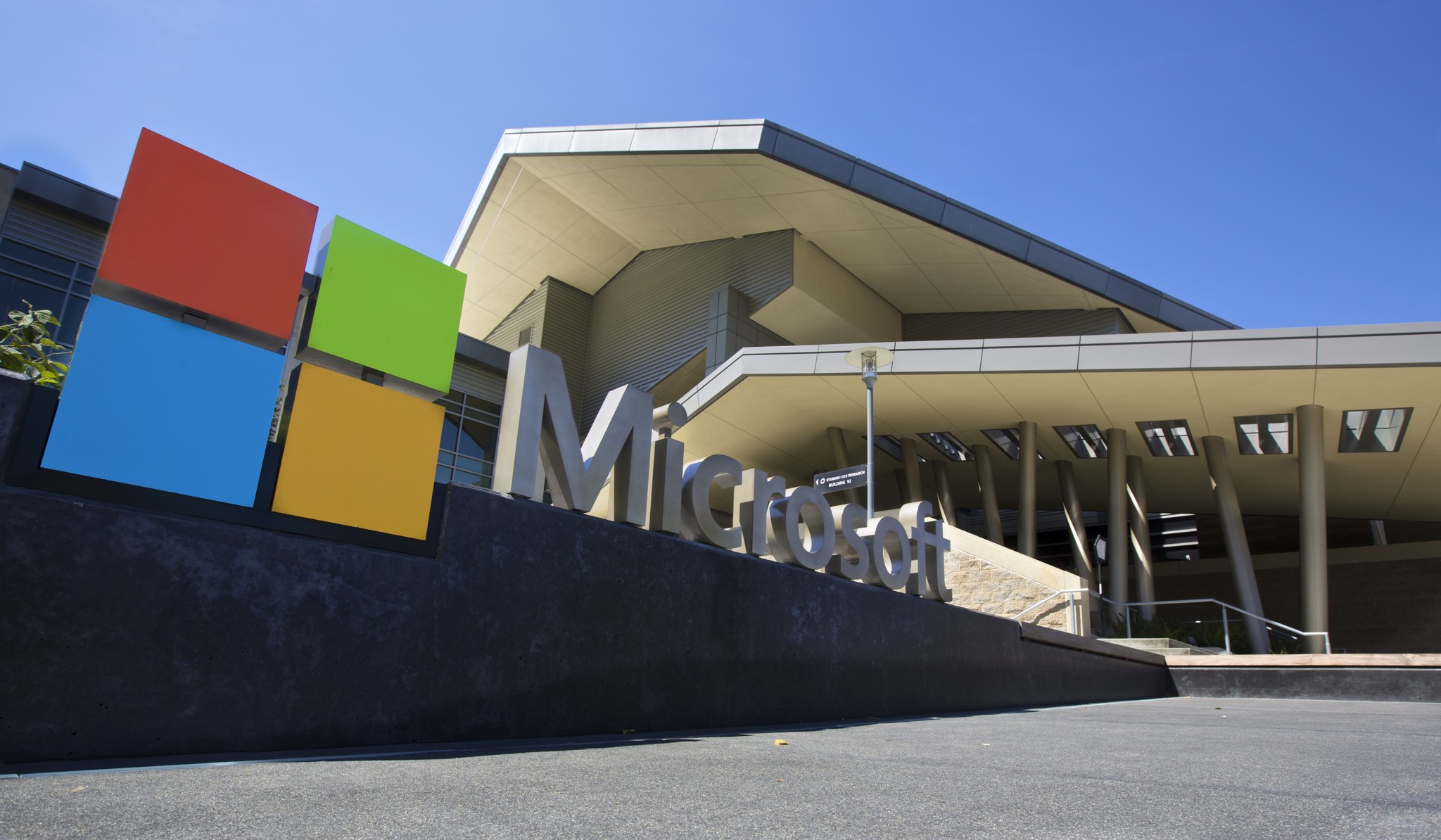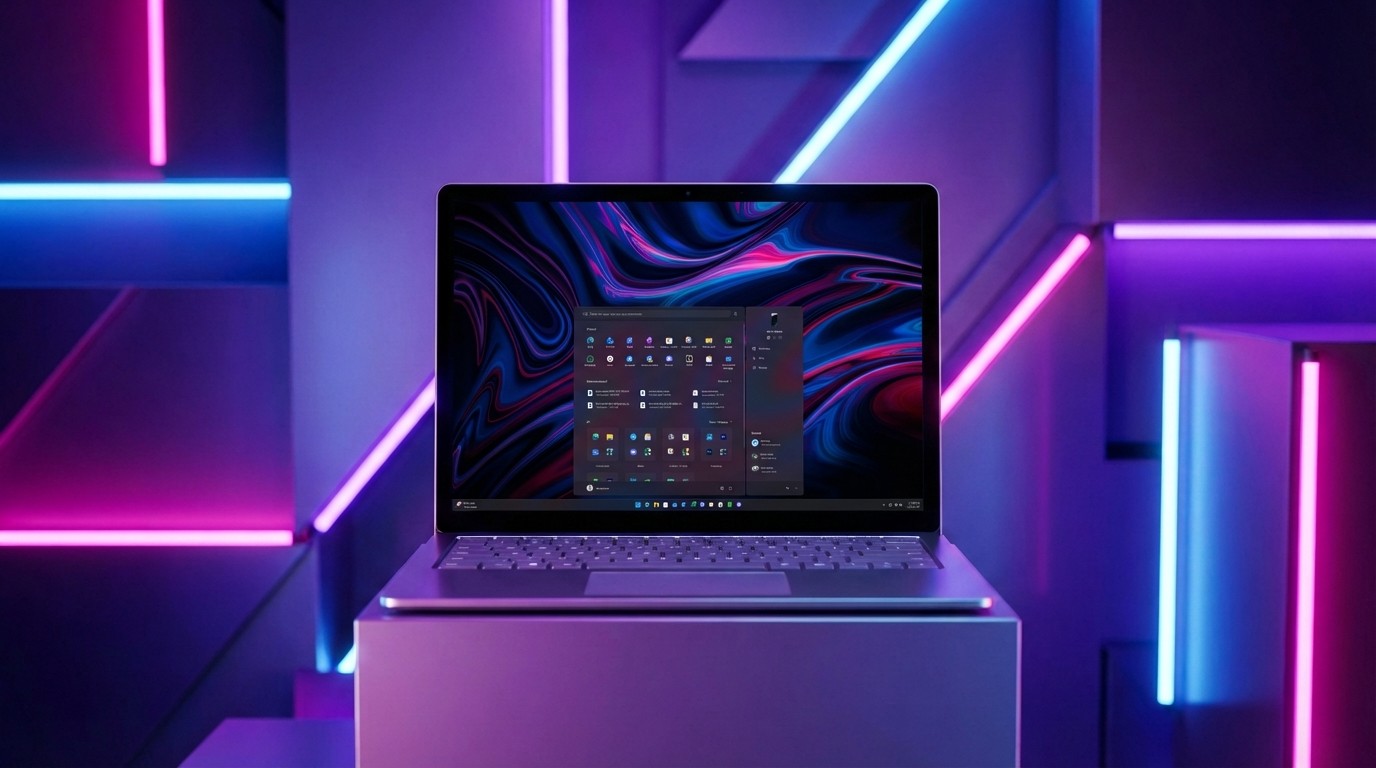Microsoft Autism Hiring Program aims to attract diverse talent
There are one billion people on the planet with disabilities. Beyond ensuring that its products have no inherent bias against people with disabilities, Microsoft is also on a mission to hire some of those people.

All the latest news, reviews, and guides for Windows and Xbox diehards.
You are now subscribed
Your newsletter sign-up was successful

A company can easily overlook the needs of a minority population in a quest to serve the majority. Sadly, that's the course many companies have taken over the years. When external or internal pressures reach a certain point, however, companies sometimes begin to bend to the will of an underserved population.
This is sometimes seen in how accessibility options are tacked onto a "finished" product to accommodate a particular population for whom the product was initially unusable. Or how hiring practices shift to become more inclusive. Microsoft isn't exempt from this experience. But under the leadership of CEO Satya Nadella, inclusivity is a priority for Microsoft's product development and hiring practices. Nadella said as much during Microsoft's Ignite conference:
We want technology to provide new levels of inclusiveness, in fact, I'm most excited about accessibility.
Microsoft is pursuing this goal by aggressively seeking to include individuals with disabilities in its workforce, particularly in the area of autism. This inclusion allows the company to bring a depth of empathy to its products that it might not otherwise be able to achieve. In 2015, one year after Nadella became CEO, Microsoft initiated the Microsoft Autism Hiring Program. Nadella's personal experiences with raising a son with severe Cerebral Palsy, has no doubt influenced his empathy for the employment and accessibility challenges people with disabilities face.
- How fathering a son with disabilities helped Microsoft's CEO transform the company
- How Microsoft used tech to help people with ALS regain mobility
- How Microsoft's inclusion mission is helping the blind to 'see'
- How Microsoft is helping deaf people 'hear'
The challenges of Autism
Joe Chemis shares his experience as a person with autism working for Microsoft.
Autism Spectrum Disorder includes a range of conditions characterized by challenges with social interactions, speech, repetitive behaviors, and non-verbal communication. Individuals with autism also have unique strengths and differences in specific areas where they may excel in a given discipline.
Sadly, the skills these people possess, which could make them an asset to a company, are often overlooked. Their particular talents are sometimes not seen as valuable enough to offset the social awkwardness they may also present.
This is a challenge companies that hope to incorporate a more diverse workforce must proactively work to overcome. The transforming of traditional interviewing models, which hold social skills in high regard, must occur so the unique abilities of people with autism can shine. Microsoft has taken the initiative to address this challenge by creating the Microsoft Autism Hiring Program.
All the latest news, reviews, and guides for Windows and Xbox diehards.
What is the Microsoft Autism Hiring Program?
The Microsoft Autism Hiring Program started in 2015 and "is a multiple-day hands-on academy that focuses on workability, team projects, and skills assessment." During the event, individuals showcase their abilities, meet hiring managers and teams, and learn about Microsoft.
The program is unique in that it allows candidates with autism to circumvent the social skills barriers that would otherwise overshadow their talents. Microsoft has succeeded in hiring software, service, build and lab engineers as well as data analysts and scientists, through the program. Though there are many positions within Microsoft where a person with autism could thrive, the company has found most have found success in those areas.
This year's Autism Hiring Cohort will be October 23 through October 27.
Microsoft is serious about hiring people with autism and other disabilities. It's an integral part of its mission of inclusion from employment, product creation and accessibility. To that end, the company is hosting an Autism Hiring Cohort from October 23 through October 27 this year and January 22 through January 26 in 2018.
Normalizing inclusion

We've made progress as a society in that we're moving away from institutionalizing people with certain disabilities and including them in mainstream society. Microsoft's push to include people with autism and other disabilities as a part of the teams that create the products we all use is commendable. Still, there is more work to do.
Mary Ellen Smith, Microsoft's corporate vice president of worldwide operations, stressed the benefits of having people with disabilities as part of the company. She noted that people are looking for a company that reflects humanity.
Of the one billion people with disabilities, one in 42 boys and one in 189 girls in the U.S have autism, according to the U.S. Centers for Disease Control and Prevention.
Nadella said in a company email{.nofollow}:
By hiring people of all abilities into Microsoft, we will build an employee base that reflects the external customer base where 1 billion+ have disabilities.
Initiatives like Microsoft's Autism Hiring Program are a big step toward making that a reality. The ultimate goal, however, is to encourage a systemic change that will negate the need for a "program" to promote the inclusion of individuals with disabilities. I think Smith put it best:
My hope for the future is that we won't see this as a program, but instead a natural way of recruiting key talent in our organizations.
Perhaps we should all have this hope.

Jason L Ward is a Former Columnist at Windows Central. He provided a unique big picture analysis of the complex world of Microsoft. Jason takes the small clues and gives you an insightful big picture perspective through storytelling that you won't find *anywhere* else. Seriously, this dude thinks outside the box. Follow him on Twitter at @JLTechWord. He's doing the "write" thing!
